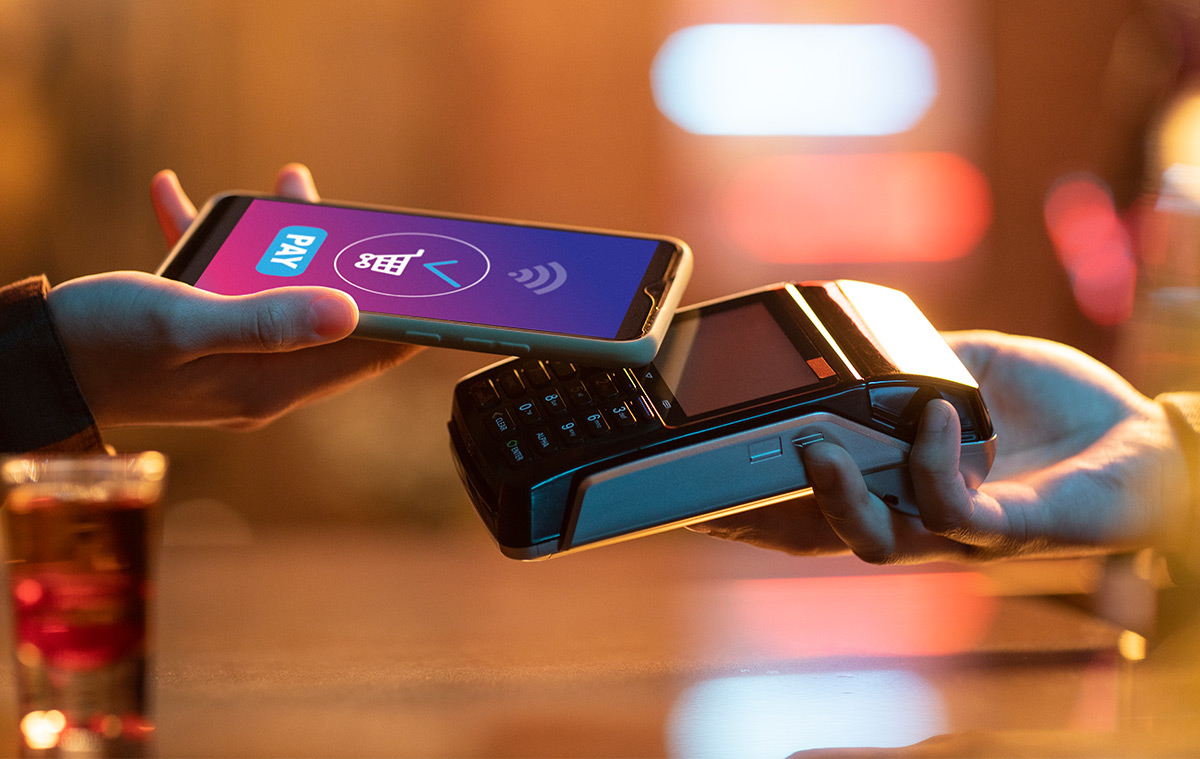BANK INDONESIA ISSUES NEW REGULATION ON ELECTRONIC MONEY
BY : Law Office Yang & Co
Bank Indonesia (“BI”) has issued the newest regulation on Electronic Money (“E-Money”), i.e. Bank Indonesia Regulation No. 20/6/PBI/2018 on Electronic Money (“PBI 20/2018”).
PBI 20/2018 fully replaced the previous regulations on E-money, which are Bank Indonesia Regulation No.11/12/PBI/2009 and its amendments (“Previous Regulations”). By issuing PBI 20/2018, BI aims to adjust the technological developments related to financial matters by regulating several additional requirements and obligations which were not regulated in the Previous Regulations.
Regulation No. 20/2018 introduces several key changes by setting up the provisions mentioned as below:
- Classifications of E-Money;
- E-Money Operators;
- E-Money Issuers;
- Organization of E-Money;
- Unification, merging, segregation and takeover of E-Money administrators;
- Reporting and supervision; and
- Sanctions.
Due to the wide scope of PBI 20/2018, this newsletter will only briefly explain point (1), (2), and (3) above.
Classification of E-Money (Closed Loop and Open Loop)
PBI 20/2018 defines E-Money as a medium of exchange which has to meet the following characteristics:
- Its value is equivalent to any cash which is deposited with the relevant E-Money issuer (“Issuer”);
- The value is stored electronically on a server or chip; and
- The deposited E-Money value managed by Issuer is not the same as bank savings.
One of the key changes sets out in PBI 20/2018 is the classifications of E-Money that is no longer limited to Open Loop arrangements, which defines as a payment instrument being used to make payments to a merchant that is not the same entity as the E-Money Issuer. The scope of the Previous Regulations did not regulate E-Money issued under a Closed Loop arrangement. However, PBI 20/2018 defines the Closed Loop arrangement as an E-Money which is utilized for the purchase of products from the Issuer of the relevant E-Money.
E-Money Operators
According to Article 1 (11) of PBI 20/2018, E-Money operators are classified as Issuer, Acquirer and Principal, as well as the organizer of Switching, Clearing and Final Settlement of transactions involving E-Money (“Operators”).
Furthermore, Operators mentioned above are divided into two classifications, which are: (i) front-end Operators and (ii) back-end Operators, with the specifications set out:
- Front-end Operators consist of the Issuer, Acquirer, Payment Gateway Operator, E-Wallet Operator and Transfer of Fund Operator; and
- Back-end Operators consist of the Principal, Switching, Clearing and Final Settlement.
As an addition, each party can only become an Operator in one classification of Operators as mentioned above .
To start the business as the Operators, the party shall obtain a permit from BI. The obligation to obtain the permit from BI is excluded for any party who acts as the Issuer of the closed loop arrangement with the value of E-Money less than 1 Million. Any party who has conducted the business activity as the open loop E-Money Issuer with the value of E-Money less than 1 Million and as the closed loop E-Money Issuer with the value of E-Money more than 1 Million, shall submit an application to obtain the permit from BI within 6 (six) months as from the enactment of PBI 20/2018.
Furthermore, PBI 20/2018 regulates several important provisions and obligations that shall be fulfilled by Operators, which are as follows:
Representations and Warranties
Bank or non-Bank Institution intends to apply license as an E-Money operator is required to submit representations and warranties documents (including certain undertakings) to BI. These representations and warranties shall at least cover the following aspects:
- that the company has been validly established in Indonesia;
- that they are not in default, subject to any sanctions and/or involved in any criminal or civil case, which may materially impact its business continuity; and
- at the time of submission, there are no petitions for bankruptcy or suspension of debt payment obligation (penundaan kewajiban pembayaran utang) against the company at any relevant commercial court in Indonesia.
Banks or non-Bank Institutions are also required to undertake several provisions included in the representation and warranties, which are as follows:
- comply with the prevailing laws and regulations for the activities undertaken individually or together with its affiliated parties;
- maintaining financial matters as indicated by good liquidity conditions, profitability, and good solvency;
- conduct the E-Money activities with a business model that will give benefit to the Indonesian economy;
- not relocate the head office in Indonesia to other country and shall ensure the head office has full authority to make decisions over their E-Money business in Indonesia; and
- ensure to fulfill the representations and warranties throughout the performance of E-Money activities.
Representations and warranties letter mentioned above shall be submitted and signed by the Board of Directors (“BOD”) authorized to represent the company, which includes a statement from an independent and professional legal consultant (external to the company) according to the result of the legal due diligence conducted by them.
Controlling Shareholders
Individuals and non-Bank Institutions are prohibited to become controlling shareholders/majority shareholders in: (i) more than one non-Bank Institution, if the entities own the same payment-services system operators license; and/or (ii) more than one non-Bank Institution, in terms where each entity is in a different-payment system services group.
However, this prohibition does not apply to state-owned, non-Bank Institution or to ownership in providers conducting their activities based on different principles (i.e., sharia businesses and conventional businesses).
E-Money Issuers
Non-Bank Institution intends to apply license as an E-Money Issuer are required to fulfill both paid-up capital and share ownership requirements. Detailed provisions of those requirements are set out as below:
Paid-Up Capital Requirement
The capital requirement for non-Bank E-Money Issuer shall be paid-up capital amounting to IDR 3 billion (in possession) with a further tiered minimum amount of paid up capital according to the relevant floating funds. Detail of the float funds are as follows:
| No | Float Fund Average | Minimum Increase of Paid Up Capital |
|---|---|---|
| 1 | Between IDR 3-5 billion | IDR 6 billion |
| 2 | Between IDR 5-9 billion | IDR 10 billion |
| 3 | Exceeds IDR 10 billion | IDR 10 billion plus 3% of the relevant float funds |
Under the Previous Regulation, these requirements were not regulated, therefore, the existing non-Bank Institutions, which do not have the capital requirement in possession, shall adjust the PBI 20/2018 provisions by no later than 4 November 2018 and the abovementioned paid up capital increase obligation shall be fulfilled by no later than June 2019.
Share Ownership Requirement/Foreign Shareholding Restriction
Non-Bank E-Money Issuers are now subject to a direct and indirect foreign shareholding limit of 49%. The remaining 51% of the shareholders of an E-Money Issuer shall be Indonesian entities or individuals. However, BI has the discretion to impose a lower limit for foreign shareholding in an E-Money Issuer based on certain considerations, such as the track record of the E-Money Issuer or its shareholders, the technology used and scope of E-Money use. However, for non-Bank Institutions that is a Public Listed Company, the calculation of share ownership composition is only required for shares that is equivalent to 5% or more. Existing Non-Bank E-Money Issuers are required to maintain a percentage of shareholding ownership as regulated in PBI 20/2018.
PBI 20/2018 has been in force since 4 May 2018 and replaces the Previous Regulation.
If you have any queries or would like us to assist you with any aspects of compliance with PBI 20/2018, please feel free to contact our office.



